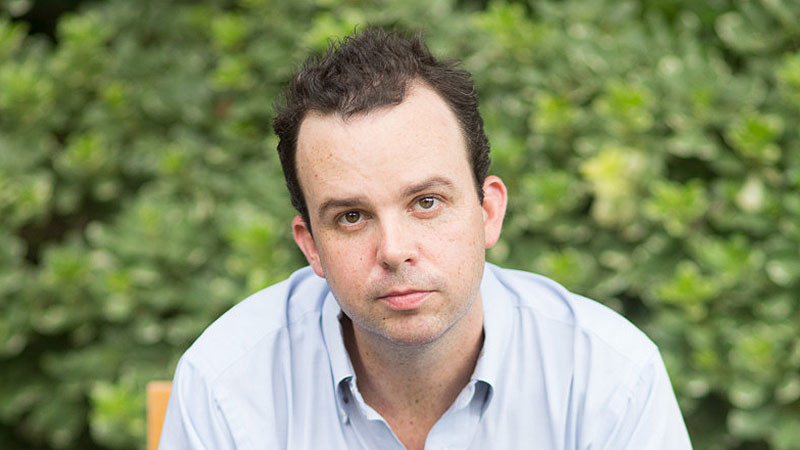I definitely drew a lot from the geography of my youth and my own family dynamics. I can remember, for instance, making beds of Spanish Moss in the same way some of the characters do in the book. However, I wouldn’t be surprised if someone else who did this with me remembers it totally differently than I do. Perhaps for them it was not a bed, but a shoebox. And perhaps we didn’t do this every weekend, but only on one occasion. I’ve become increasingly aware and interested in the way we make or recreate our own memories. It’s so bizarre that we remember the same events differently, isn’t it? How much of this is subconscious? How much is intentional? How much is repression? How much is self-preservation? I think for the narrator of this novel, the answer might be all of the above.
The teenage years are treacherous terrain. We find both our most horrific fears and our most tender joys. My Sunshine Away finds a means of mixing the two without muddling them or letting one moderate the other. Instead, you let them meet with the wisdom and idiocy of those who are still children but think themselves to be immortal adults. Was that a balance and meeting place you found before the book, or as you wrote the prose?
The way I remember adolescence is pretty simple. Everything that happened was one of three things, either: 1) The Best, Most Important Thing Ever 2) The Worst, Most Important Thing Ever, or 3) Totally Irrelevant. The problem, of course, is not only that teenagers use these categories, but that they use them entirely inappropriately. Things that should be filed in Best Thing Ever are often put in the Totally Irrelevant file. Things that should obviously be Worst Thing are interpreted as Best Thing. If the novel is fortunate enough to navigate these moments without muddling them (as you generously suggest), I think it is because of the perspective of the narrator as he exists now, as a man in his thirties, when he is telling the tale. So, to answer the question, I think my tactic for dealing with a teenage narrator started by making sure he would not actually be a teenage narrator! Ha. Some things, I suppose, are truly too scary to write.

The crime at the heart of this novel has the unfinished feel of the crimes we hear about outside the headlines. Did you rifle through the files to see what was out there, or let your imagination roam?
I actually let my imagination roam. This story stemmed from something I overheard my mother say when I was very young, about a girl in our neighborhood being attacked, but I never went back to do any research on it. I also never asked my mom about it, and once the book was going to be published, made sure she knew I didn’t feel any desire or right to know who it was she might have been talking about all those years ago. It’s awful no matter who it happened to. Plus, I feel that, for fiction, the imagination is the best place to go. One of my favorite writers, Lewis Nordan, once said that when he was trying to write his great novel Wolf Whistle, based on the real-life murder of Emmett Till, he found that the more research he did, the worse the book became. Nordan knew how he felt about things and how he envisioned the world, and his imagination could never get square with the facts as he read about them. So, he decided to listen to his heart, let his imagination guide him, and now we’ve got a totally singular book that will last forever. I personally have no history or expertise in writing about crime, so I didn’t really feel like I was taking that on. I was trying more, I think, to write about the people and do them justice.
America in the late 1980s and early 1990s is also a vivid character. You manage to make what for some might seem like yesterday to read a bit like historical fiction, in that the world you create is subtly different from that which we live in now. What kind of research did this require?
I enjoyed being able to go back and watch internet clips of some of the things I initially saw on TV as a child, before YouTube was ever invented. I’m not very internet-savvy, barely ever spend any time on YouTube or anything like that, and so this ability struck me as a weird sort of time-traveling miracle. Watching footage of the Challenger, watching Ronald Reagan deliver his speech about it, these were some of the defining moments for a whole generation of people who grew up in the ’80s and ’90s. For me, that is history. A telephone attached to the wall by a cord? A television with knobs on the front? My kids can’t believe these things any more than I can imagine a time before electricity. So, it felt like an honor to me, to try to memorialize these important events.
The character arcs in this novel have the chaotic feel of actual lives as opposed to the orchestrated sensibility of invention. Did your characters wrest control of the story from you and insist on you telling their version of events?



